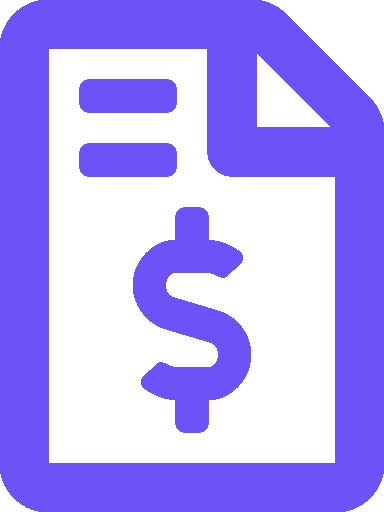What is payables finance?
Payables Finance is a supply chain finance solution where a corporate (buyer) provides an irrevocable commitment to pay their invoices (also known as approved invoices) at the day of maturity, which allows a funder to offer the supplier to get an early payment of those invoices in exchange for a discount based on the buyer’s credit risk.
This practise allows suppliers to get access to quick (and usually cheap) liquidity, higher cash flow visibility and manufacturing predictability, while buyers reinforce their supply chain and strengthen their supplier relationships.
How does payables finance work?
1. Invoices issued
The supplier sends the invoice to the buyer
2. Approved invoice confirmation sent
The buyer confirms that they have received the invoice from the supplier
3. Early payment offered and accepted
Payment terms are agreed between the buyer and the supplier
4. Funding instructions sent
Early payment terms are sent to the funder
5. Early payment discount applied, and payment made
The funder pays the supplier their invoice amount with the discount applied
6. Maturity payment received
The buyer pays the funder the agreed amount at invoice maturity

What are the benefits of payables finance?
There are many benefits to payables finance but we have highlighted the key ones below:
Benefits for buyers

Payables finance can strengthen the buyer position to negotiate commercial terms, potentially improving cash flow and balance sheet metrics.

Buyers can standardise terms across their supplier base in order to get favourable rates and simplify their supply chain management.

Buyers can help strengthen their supplier’s liquidity position. This will help secure their own supply chain and strengthen their supplier relationships.

Off-balance sheet financing to maintain accounting treatment as trade payables, provided that buyer is not involved in any funding structures.
Benefits for suppliers

Fast and easy access to immediate cash – by having access to cash a supplier can improve their liquidity and redeploy it into other corporate initiatives

Favourable rate – a payables finance programme offers typically low-cost funding at a competitive rate as it leverages the creditworthiness of the buyer

Access to alternative source of funding with more favourable terms than the traditional banks
What are the differences between payables finance and receivables finance?
Payables finance and receivables finance are both methods of supply chain finance that help a business manage their cash flow by leveraging their outstanding invoices. The main difference between payables finance and receivables finance is the direction of the financing.
Payables finance:
- A company optimises its working capital metrics by paying suppliers early, at a discount by leveraging its outstanding invoices to its suppliers.
- Suppliers receive early payment from a financing institution, which is then repaid by the company at a later date.
- Payables finance can be an effective way for businesses to manage their working capital by extending payment terms with their suppliers while still ensuring that suppliers receive payment promptly.
Receivables finance:
- A company optimises its working capital metrics.
- The financing institution advances a percentage of the value of the invoices to the company upfront and then collects the full amount owed from the customers on behalf of the company.
- Receivables finance can be an effective way for businesses to access cash quickly and manage their cash flow, especially if they have a lot of outstanding invoices that are taking a long time to be paid.
In summary, payables finance involves financing by paying outstanding invoices early, at a discount, leveraging outstanding invoices to suppliers, while receivables finance involves financing by selling outstanding invoices to a financing institution.
How payables finance helped Barry Callebaut reach their ESG objectives
Learn how Barry Callebaut, one of the world’s largest chocolate manufacturers, worked with us and the IFC to implement a programme which supported their sustainability objectives.

Why run your payables finance programme with Demica?



